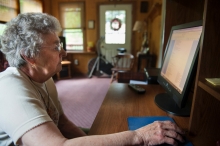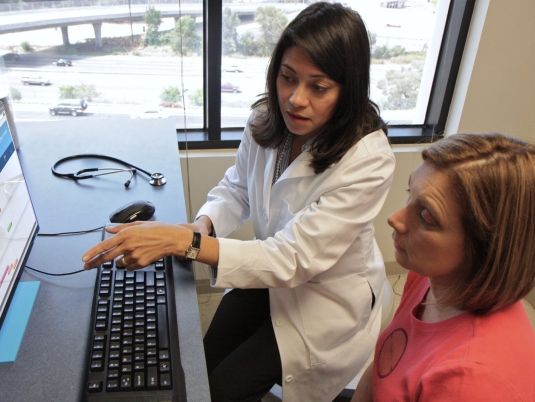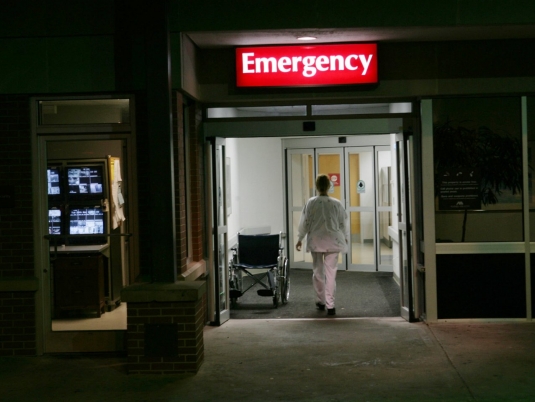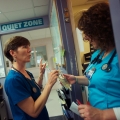
Empowering Patients by Opening Up Their Doctors' Visit Notes
OpenNotes is helping increase patient engagement in their care. Doctors at three health care instutitions invited patients to view their visit notes online. Doctors were worried this would add to their already-heavy workloads and increase patient anxiety. This year-long study confirmed that many of those concerns were unfounded—and, in fact, patients became more active participants in their care.






